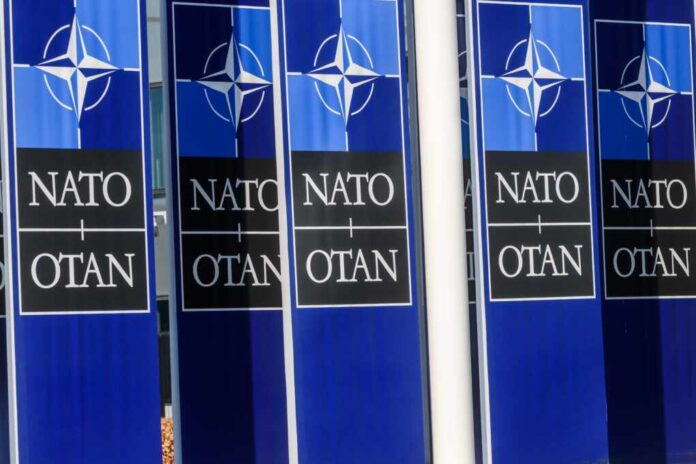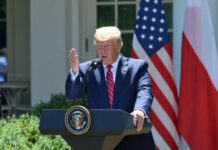
As the NATO foreign ministers convene in Brussels, the spotlight falls again on Ukraine and the Western Balkans — regions embroiled in conflicts that have long challenged Western solidarity and resolve. Secretary of State Antony Blinken, shifting gears from the recent Gaza crisis, heads to Brussels with a loaded agenda that includes reinforcing Ukraine’s defense against Russia’s invasion and engaging in the delicate balance of power in the Western Balkans.
The Brussels summit, set to reaffirm the alliance’s support for Ukraine, will host the first foreign minister-level meeting of the NATO-Ukraine Council. This body, born out of the last summit, aims to foster cooperation and pave Kyiv’s path to potential NATO membership. “Allies will continue to support Ukraine’s self-defense until Russia stops its war of aggression,” declares Jim O’Brien, the top U.S. diplomat for Europe.
BLINKEN WILL HIGHLIGHT ONGOING SUPPORT FOR UKRAINE IN EUROPE THIS WEEK (Reuters)
U.S. Secretary of State Antony Blinken will highlight the NATO alliance's ongoing support for Ukraine in its war with Russia in Europe this week, the top State Department official for Europe said on… pic.twitter.com/X9MdVCZJ6A
— FXHedge (@Fxhedgers) November 27, 2023
Yet, as billions of U.S. taxpayer dollars are funneled into Ukraine, a question hangs in the air: Is this endless stream of aid, bolstering a government often labeled as corrupt, justified? The U.S. finds itself borrowing heavily to prop up foreign civil servants, a scenario that some Americans find increasingly untenable as they grapple with economic challenges at home.
The stakes are similarly high in the Western Balkans, where ethnic tensions simmer and the threat of Russian meddling looms large. NATO has already bolstered its forces in Kosovo, and calls are mounting for an even more robust military presence to deter a potential escalation into broader conflict. Blinken’s mission is clear — to underscore U.S. and NATO support for democracy and stability, even as aspirations for E.U. membership hang in the balance for Serbia and Kosovo.
The NATO-Ukraine Council, a platform for political dialogue where allies and Ukraine sit as equals, has convened multiple times this year, discussing issues from Black Sea security to assistance in ensuring Ukraine’s forces are NATO-compatible. However, some in the U.S. call for a reevaluation of this commitment, signaling concern over the prudence and accountability of such support.
Adding to the geopolitical chessboard is the possibility of a U.S.-Russia confrontation at the Organization for Security and Cooperation in Europe meeting in Skopje, North Macedonia, with Russian Foreign Minister Sergey Lavrov’s attendance.
As the U.S. gears up to host the next NATO summit in Washington, marking the alliance’s 75th anniversary in 2024, the discussions in Brussels carry significant weight. They are not only about current crises but also about setting the stage for NATO’s future. Blinken’s dialogue with his counterparts will likely shape the alliance’s priorities as it seeks to celebrate its historical unity and successes.
Despite NATO’s commitment to upholding a stable and secure environment in the Western Balkans, Ukrainian President Volodymyr Zelenskyy’s warnings suggest that Russia has designs on destabilizing the region. NATO Secretary-General Stoltenberg has acknowledged the need for vigilance over Russia’s activities in the Balkans but has downplayed any immediate military threat to NATO members.
As the Brussels summit unfolds, the U.S. and its allies face the twin challenges of demonstrating unwavering support for embattled democracies and ensuring that the investment of resources aligns with the interests and sentiments of a scrutinizing American public. The balancing act continues, with U.S. taxpayers watching closely as their dollars traverse oceans to shore up distant borders.













